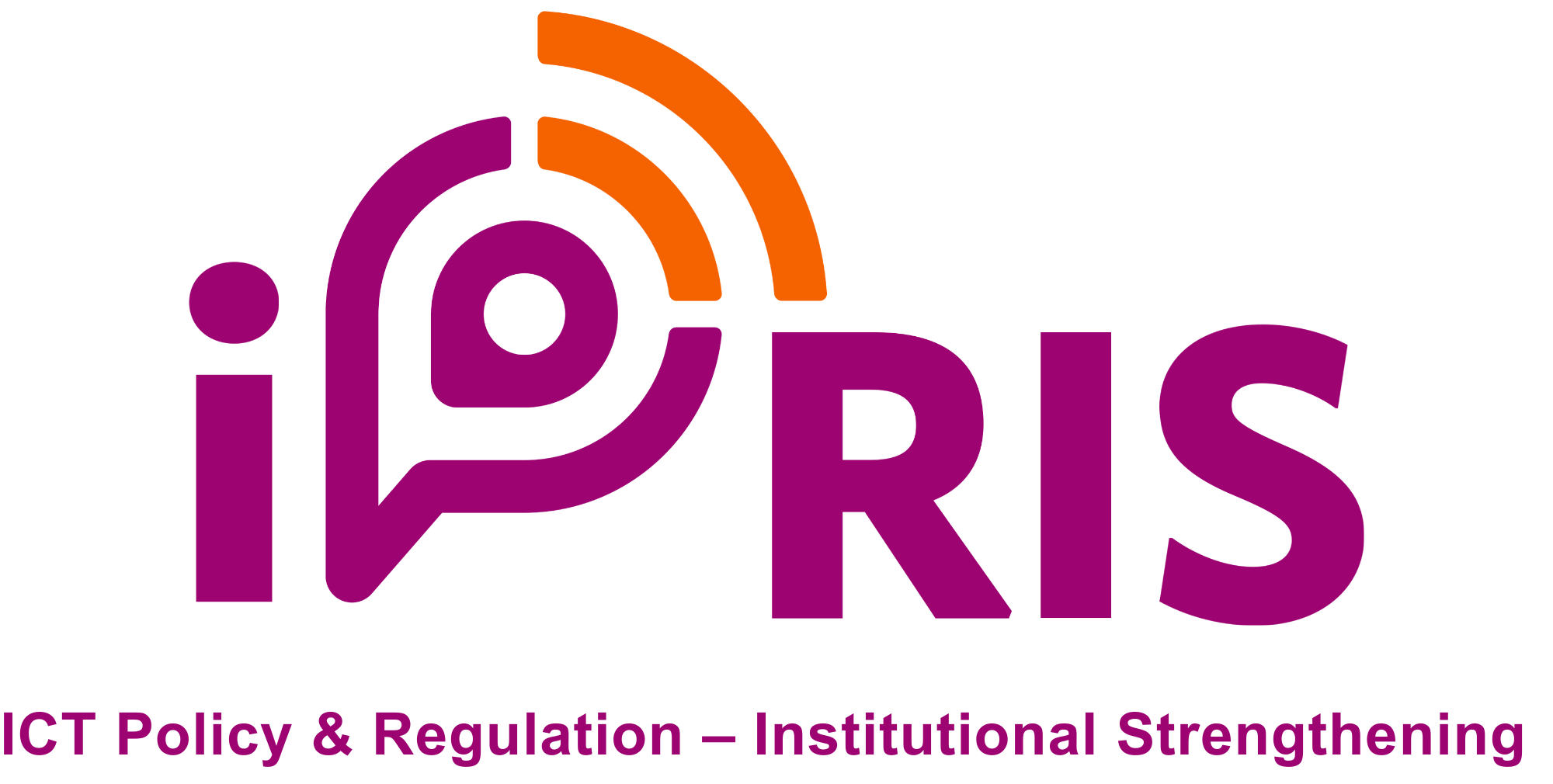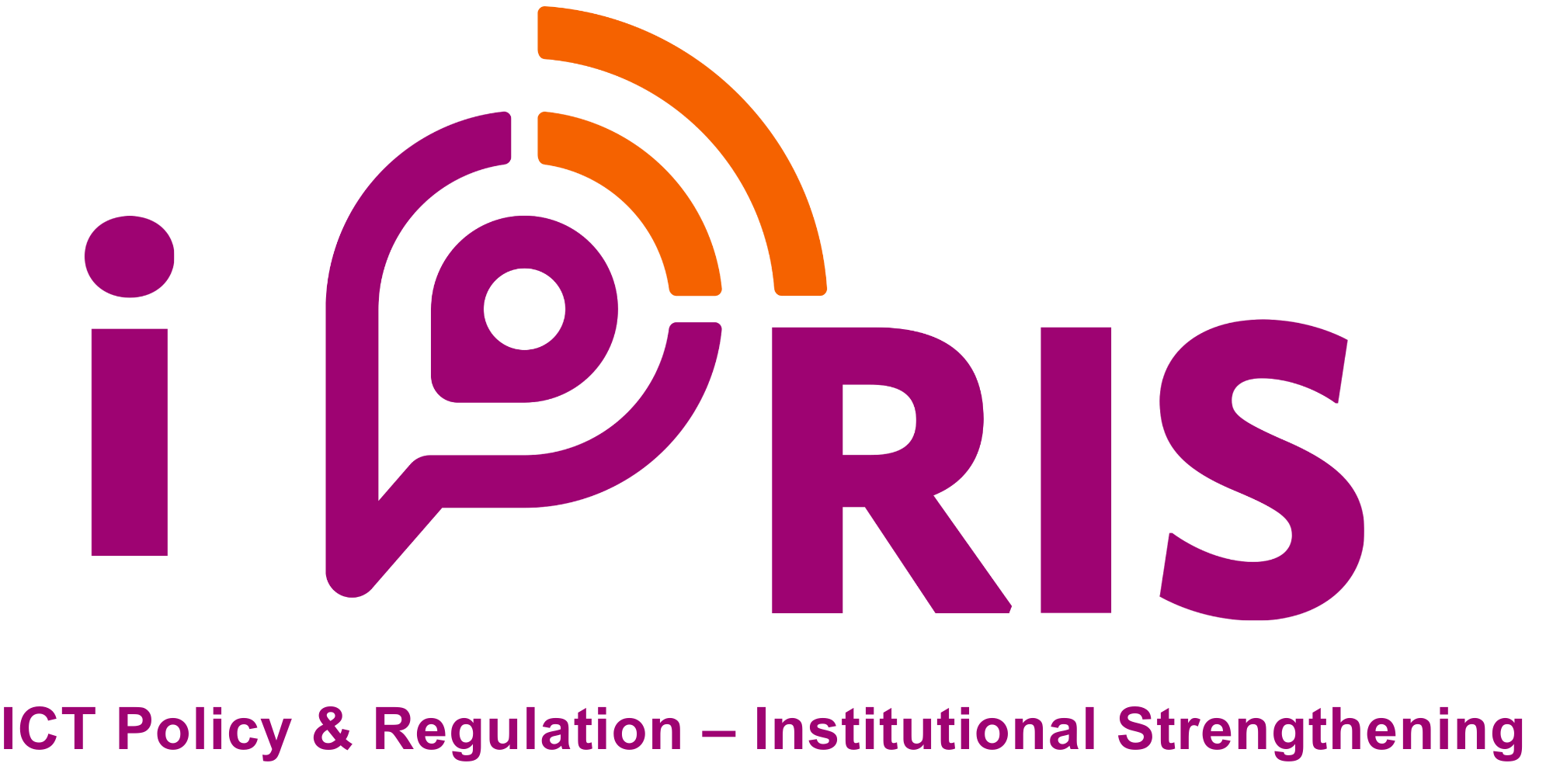In an era where digital connectivity is a catalyst for economic growth, the iPRIS (ICT Policy & Regulation - Institutional Strengthening) initiative stands as a beacon of hope for 43 African countries. This program aims to strengthen telecom regulatory bodies across Africa, fostering digital inclusion and bridging the digital divide through peer-to-peer capacity building.
The Essence of iPRIS
The iPRIS initiative is a comprehensive approach to unlocking the development potential of Sub-Saharan Africa. By improving ICT service quality and leveraging digital technologies, iPRIS aims to enhance digital connectivity and inclusion, driving overall development in the region.
Participating Countries
Among the 43 participating nations, French-speaking countries play a pivotal role. These include Benin, Burundi, Burkina Faso, Cameroon, the Central African Republic, Comoros, Côte d'Ivoire, DR Congo, Gabon, Guinea, Madagascar, Mali, Mauritania, Niger, Republic of Congo, Chad, Senegal, and Togo.
Mission of Regulatory Authorities
Benin (ARCEP Benin):
- Protecting User Rights: Ensuring optimal resource management and fostering market development.
Burundi (ARCT):
- Affordable Communications: Promoting affordable electronic communications, developing broadband services, and ensuring healthy market competition.
Burkina Faso (ARCEP Burkina Faso):
- Framework Adaptation: Adapting legal and economic frameworks to guarantee effective competition.
Cameroon (ART Cameroon):
- Legal Implementation: Ensuring transparent public network access and maintaining competitive telecom practices.
Central African Republic (ARCEP Centrafrique):
- Digital Connectivity: Monitoring telecom operators and promoting ICT sector inclusion.
Comoros (ANRTIC):
- Fair Competition: Enforcing ICT laws and regulating the ICT sector.
Côte d'Ivoire (ARTCI):
- Consumer Protection: Defining service pricing principles and granting telecom licenses.
DR Congo (ARPTC):
- Compliance and Spectrum Management: Ensuring compliance with telecom laws and promoting market competition.
Gabon (ARCEP Gabon):
- Supervision and Regulation: Issuing sector opinions and supervising electronic communications.
Guinea (ARPT Guinea):
- Sector Liberalization: Promoting competition and independent regulation.
Mali (AMRTP):
- Regulatory Compliance: Safeguarding national telecom interests and ensuring compliance.
Niger (ARCEP Niger):
- Law Application: Strictly applying laws to protect state, user, and operator interests.
Republic of Congo (ARPCE Congo):
- Communication Monitoring: Guaranteeing customer service and national interest.
Outstanding Initiatives in Francophone Africa
- Implementing the "One Africa Network" Project: Under the CEMAC and SMART AFRICA initiatives, this community roaming project has been launched to create a single call tariff and free call reception for roaming subscribers between Congo and Gabon since December 2020. The project is being finalized with Cameroon, Chad, Equatorial Guinea, and the Central African Republic, with the Democratic Republic of Congo expected to join.
- Bridging the Digital Divide: Funded through the Universal Service Access Fund, initiatives aim to cover remote areas, enhance digital skills, and ensure service accessibility by donating mobile devices to vulnerable populations.
- Public Services Digitization Initiative: This initiative supports electronic transaction supervision, tax collection control, strategic decision-making, and ICT market evaluation, providing relevant data for international institutions.
- Efficient Spectrum Management: Following ITU recommendations, bilateral agreements on border frequency coordination ensure equitable access to the radio spectrum, minimize interference, and prevent accidental roaming.
- Creating and Implementing Working Groups: Central African countries have set up groups to address issues in innovative networks, digital financial services (FINTECH), cybersecurity, and the harmonization of legal and regulatory texts to adapt to technological changes.
The iPRIS initiative is more than a policy framework; it is a transformative force driving digital inclusion and connectivity across Francophone Africa. By strengthening regulatory bodies and fostering cooperation, iPRIS is paving the way for a digitally empowered future in the region.






